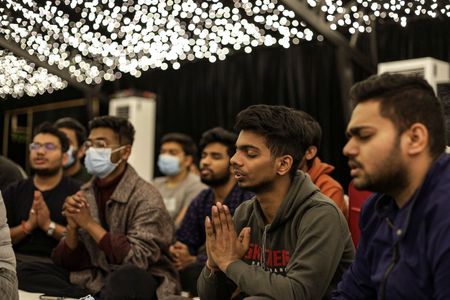
India’s Vote – Deft or Daft Diplomacy

Russia-Ukraine war is touching everyone in different ways as the already stressed global world order goes through a premediated churn. As if pandemic was not enough, geo politics between Moscow and Washington has begun to impact the ordinary lives in myriad ways as the prices and uncertainty of energy, oil and gas, wheat and food products are hitting the roof. As the Trans-Atlantic alliance has woken up from being ‘brain dead’, the Sino-Russian axis is tying the knot even more strongly.
India – the largest democracy, second largest population threatening to surpass China in a decade or two, fastest growing major economy that could become number three in sometime and above all a large and growing market including for defence has been put in a cage by countries, on its decision to abstain on the vote in the UNSC, UNGA and elsewhere to condemn Russian aggression against Ukraine.
Most of the criticism levelled against India comes out of the alliance and myopic mindset since people tend to look at an incident in isolation and not in entirety. They don’t even want to look back at the mayhem caused by US and NATO invasions in Iraq, Afghanistan, Libya, Syria and Yemen because those are expandable people and geographies, ‘refugees ‘vs’ migrants’. No one in their right mind should belittle the humanitarian disaster that is unfolding in Ukraine and flood of over 2.7 million refugees in the neighboring East European NATO countries whose economies and capacities are being stretched to the limit. Refugee crisis will be a major challenge for the West going forward.
What did India say by abstaining? It has never supported any unilateral external military intervention in any theatre of war and has expressed her displeasure overtly or covertly and worked behind the scenes to diffuse the crisis and conflict at all times. In this case also it recognized the plight of ordinary Ukrainians and provided humanitarian assistance at the earliest. At the UNSC and other fora be it UNGA, UNHRC, IAEA it called for sanity. It called for direct dialogue between the warring sides. It lamented that diplomacy was not allowed to work and was prematurely abandoned by the two sides who did not seem ready to accommodate one another’s genuine concerns. It wants diplomacy to resume and the Indian PM Narendra Modi has unequivocally spoken to the Russian, Ukrainian and other world leaders. This is not being neutral. This is being positive and constructive.
What is wrong if India’s sole sane voice asks for respect of sovereignty and territorial integrity in accordance with international rule of law and UN charter while urging the side to respect each other’s genuine security concerns. India supports all efforts made by various countries to assist in reducing tensions and hostilities. Being in a unique position of having friendship with all the parties to conflict or the ones directly affected in this crisis, New Delhi could have offered to host the talks. The fact is that PM Modi spoke to 11 leaders from all sides including those of the Quad. That is not being neutral or insensitive.
Every country also has to safeguard its own national interests. We are no different. The presence of more than 20000 Indians including large number of students caught in the war zone was a major concern and their safe evacuation was a paramount priority for the Indian government. Fortunately, precisely due to its policies and relations, India was able to successfully extract all of her citizens except one who was caught in the cross fire. ‘Operation Ganga’ once again was a remarkable success. India has a history and expertise in evacuations of not only her own citizens but from other countries too.
Even though many western countries and Ukraine’s leadership and Ambassador in Delhi may have expressed their public displeasure with India’s stand, they did understand the value of Indian clout with President Putin. Russia and India are special and privileged strategic partners with tremendous mutual trust at all levels. No doubt President Zelensky requested PM Modi to impress upon President Putin for a dialogue, which he did. PM Modi does have an excellent personal rapport with Putin. As per reports and efforts by India and several other countries like Israel and France, some thaw and hope are being witnessed.
It is a fact that the skyrocketing oil and gas prices will have direct impact on India’s economic growth trajectory as it imports nearly 85% of her requirements. Not much comes directly from Russia even though Indian companies have stakes in Rosneft and others, but the Russian Dy PM only last week offered the oil and gas to India at discounted rates and sought greater investments in the ongoing and new projects. Russia also has huge quantities of rare earths like molybdenum and neon that could be useful for development of semiconductor industry and help India in its Atmanirbhar campaign.
The brass-tacks will be the impact of sweeping sanctions on Russia and the probable use of CAATSA like laws by US. One will have to brace against these through negotiations and by being innovative. Sanctions in this case will be mutually destructive for the Russians and Europeans, especially after countermeasures by the Russians against the Europeans. Since Americans and the west are using financial instruments as weapons in this war while pumping in arms into hapless Ukraine, ‘the sacrificial goat’, it will not be long before alternative counter financial mechanisms and institutions garnered by even the weakened Russians and the robust Chinese will combine to create a viable alternative.
As India is unlikely to go with either bloc as the Cold War 2.0 ensues and would continue its equanimous benevolent approach and multidimensional relationship and multi alignment matrix, she may be able to provide a leadership to a very large number of countries who are waiting for a viable grouping which can exercise its strategic autonomy. India is adept at wading through these crises and can work in tandem with her ‘Vasudhaiv Kutumbakam’ philosophy which seeks coexistence and not confrontation. Finally, India will have to learn to leverage its own strengths to its own advantage.
***********************
Disclaimer
The opinions expressed in this article are the author’s own and do not reflect the views of Chanakya Forum. All information provided in this article including timeliness, completeness, accuracy, suitability or validity of information referenced therein, is the sole responsibility of the author. www.chanakyaforum.com does not assume any responsibility for the same.
Chanakya Forum is now on . Click here to join our channel (@ChanakyaForum) and stay updated with the latest headlines and articles.
Important
We work round the clock to bring you the finest articles and updates from around the world. There is a team that works tirelessly to ensure that you have a seamless reading experience. But all this costs money. Please support us so that we keep doing what we do best. Happy Reading
Support Us






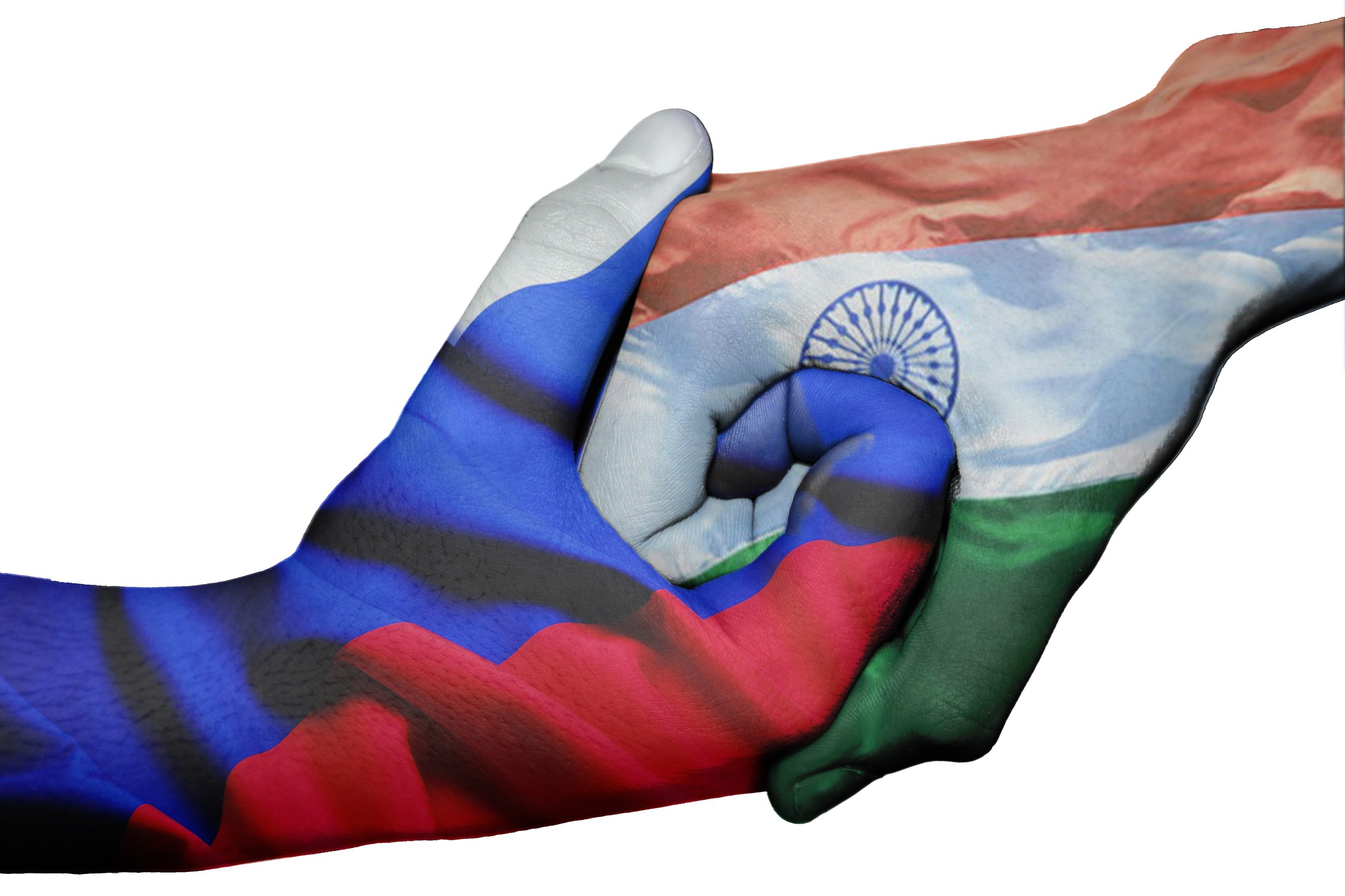
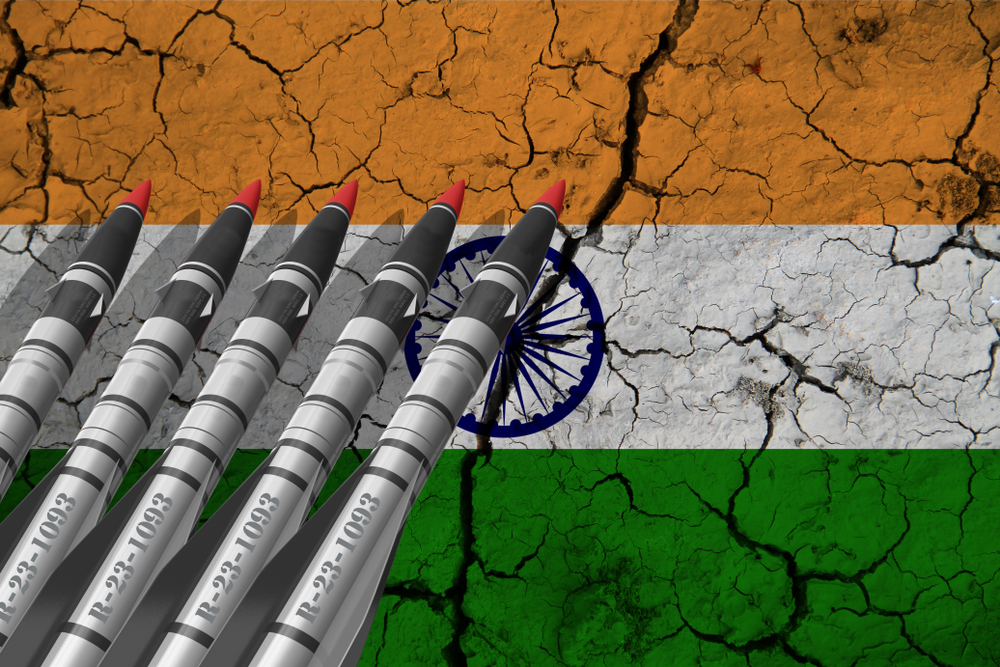
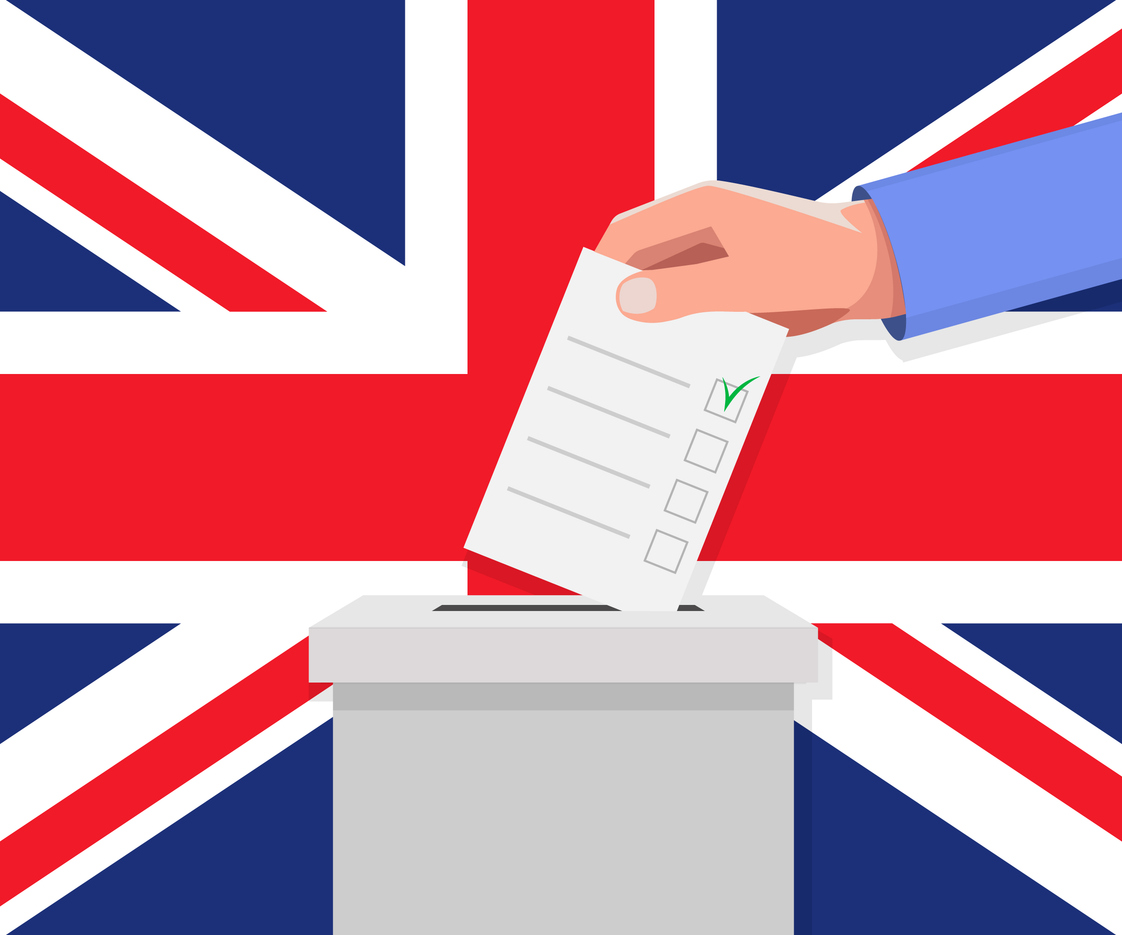
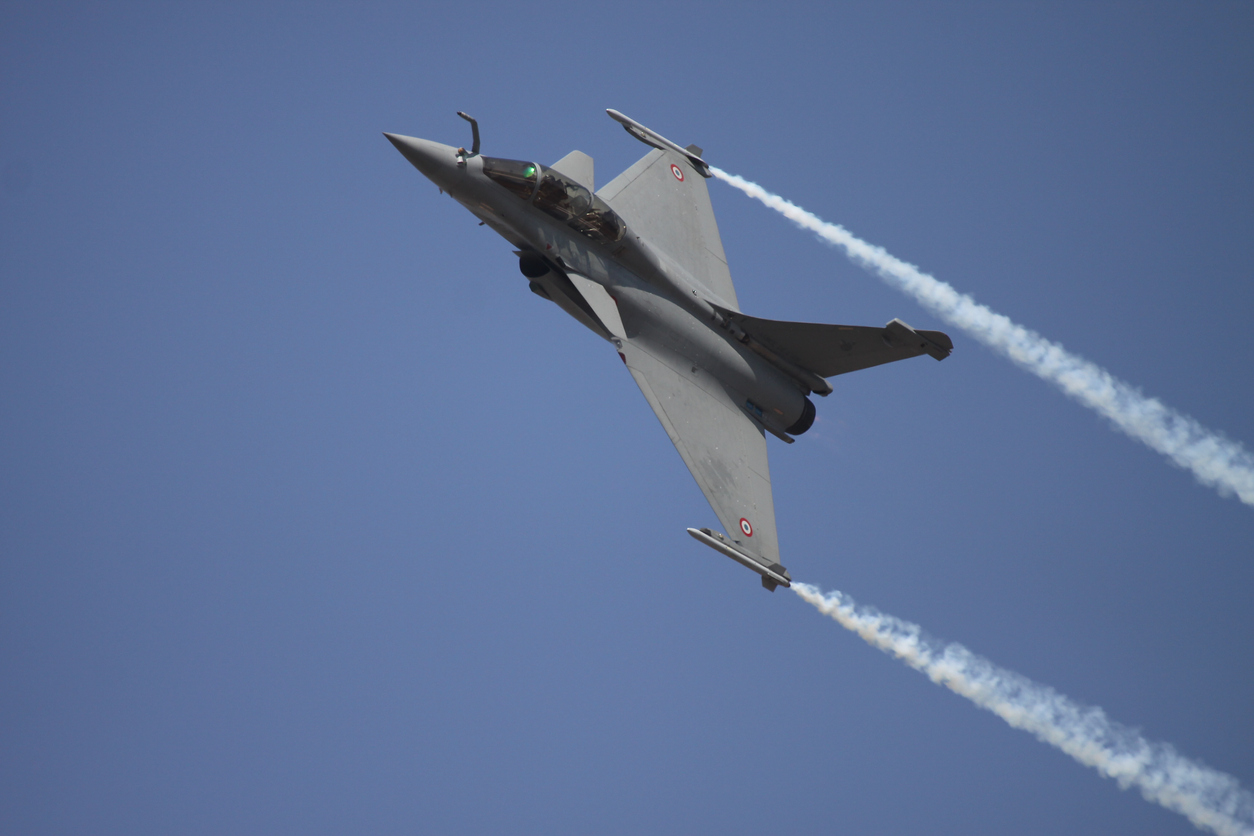
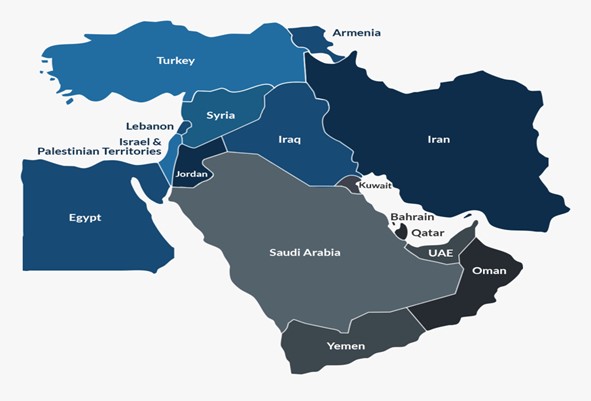
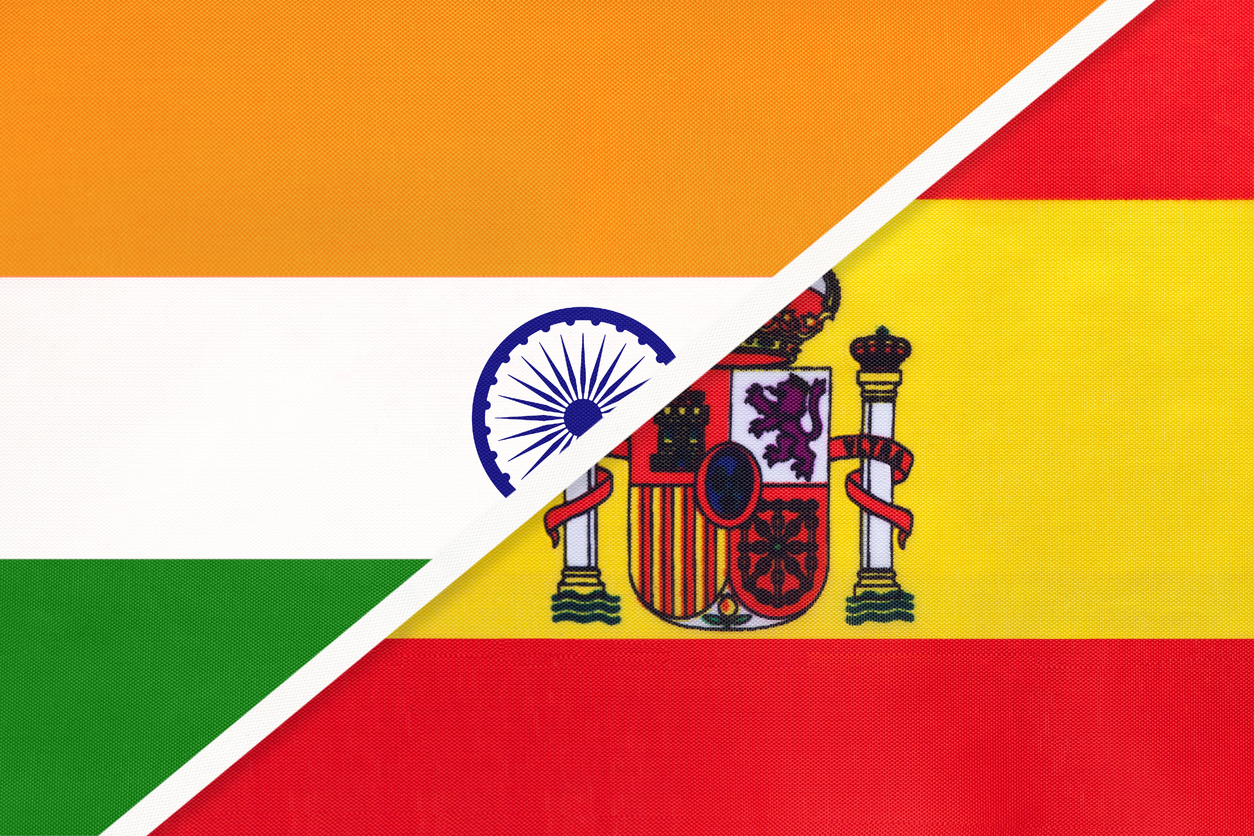
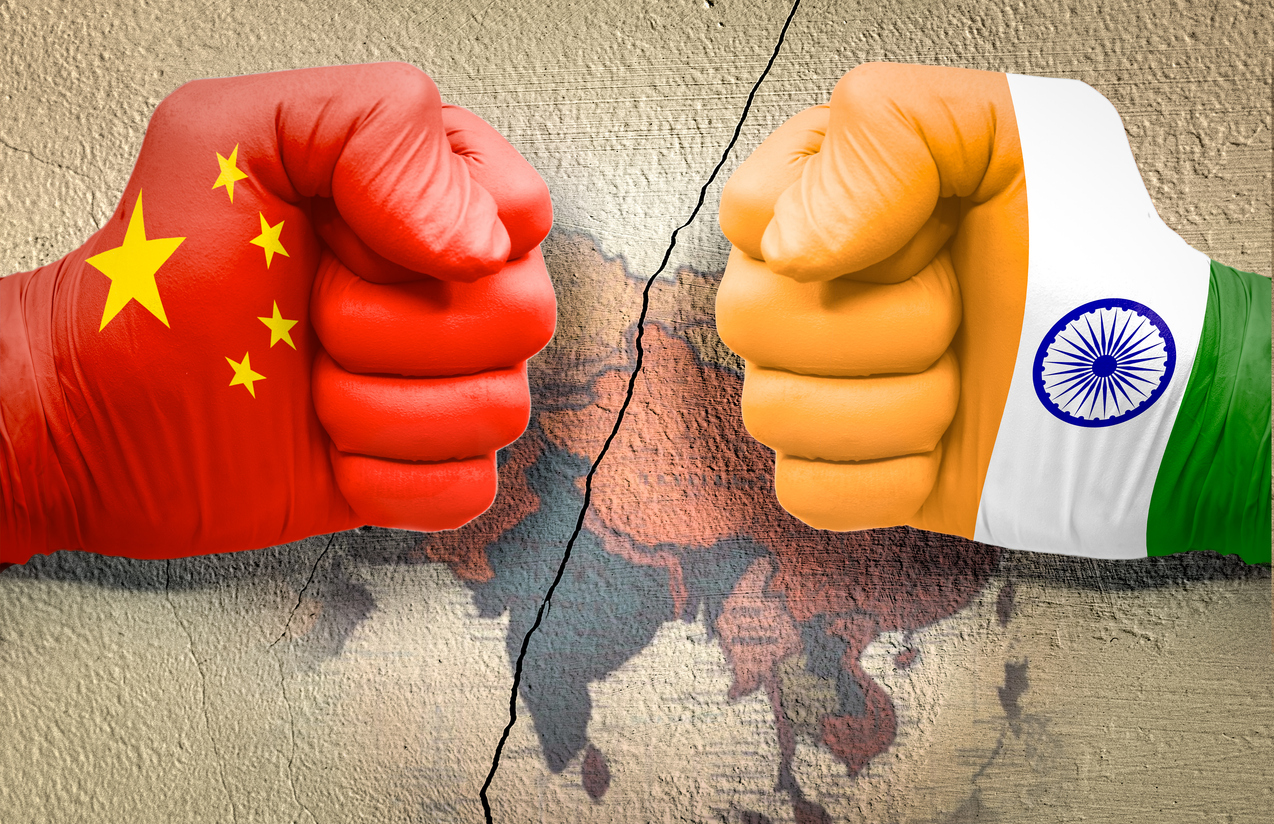
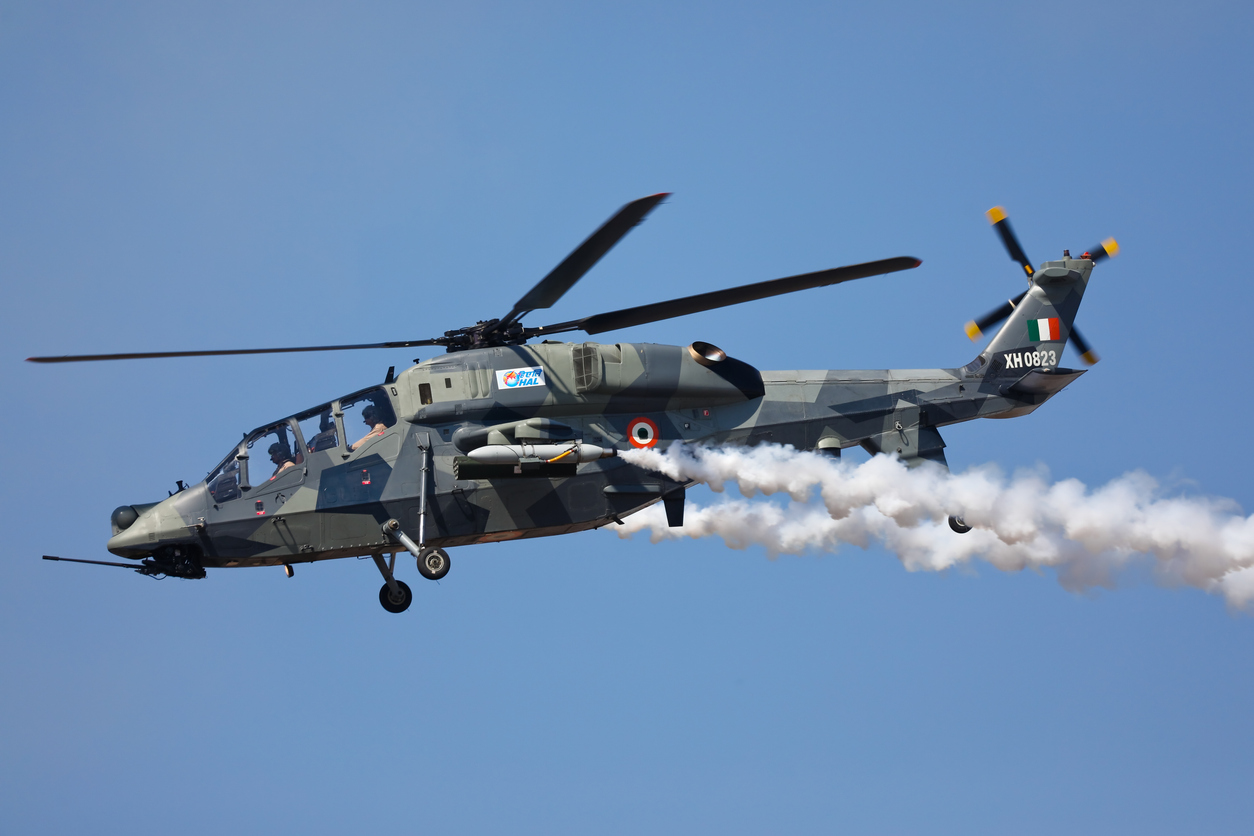
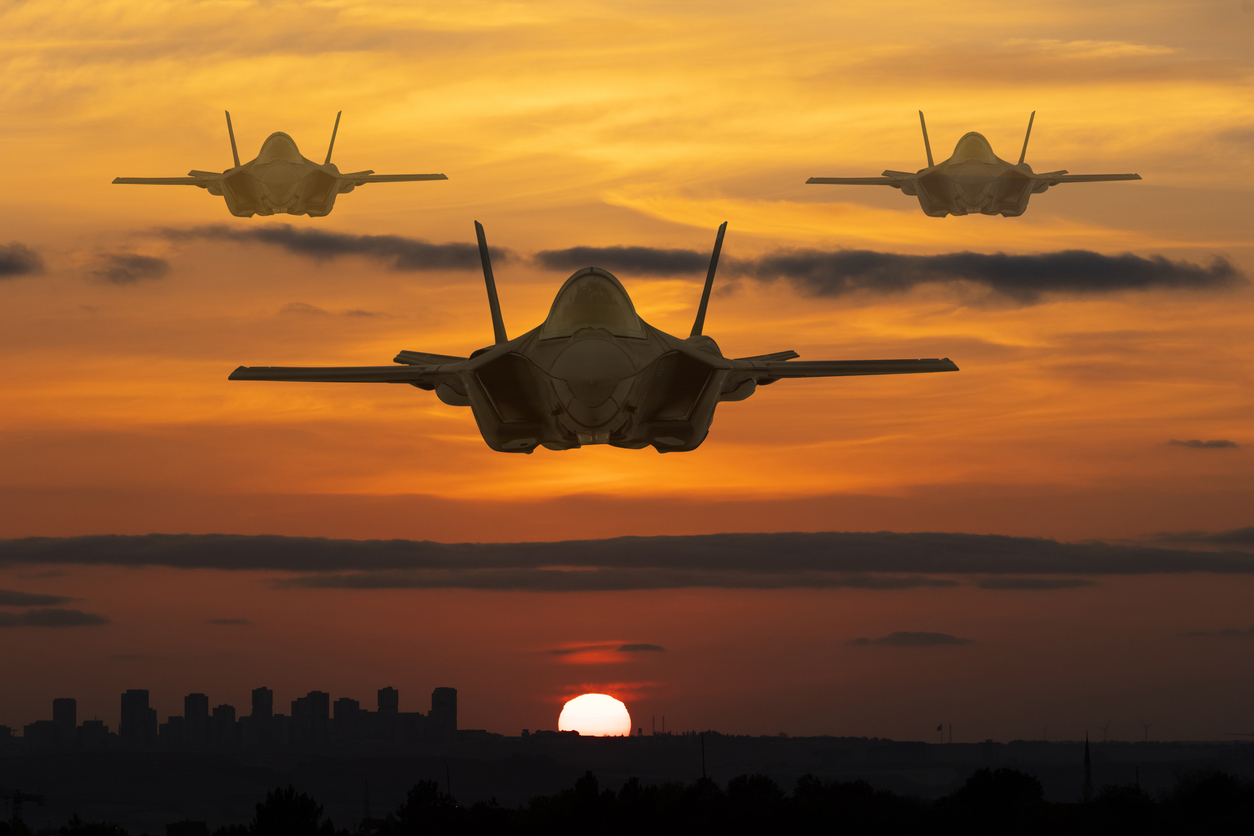






POST COMMENTS (1)
Kalidan Singh